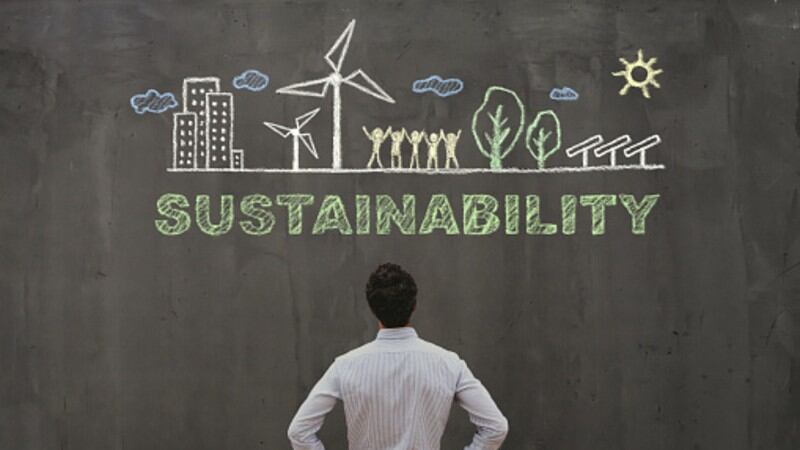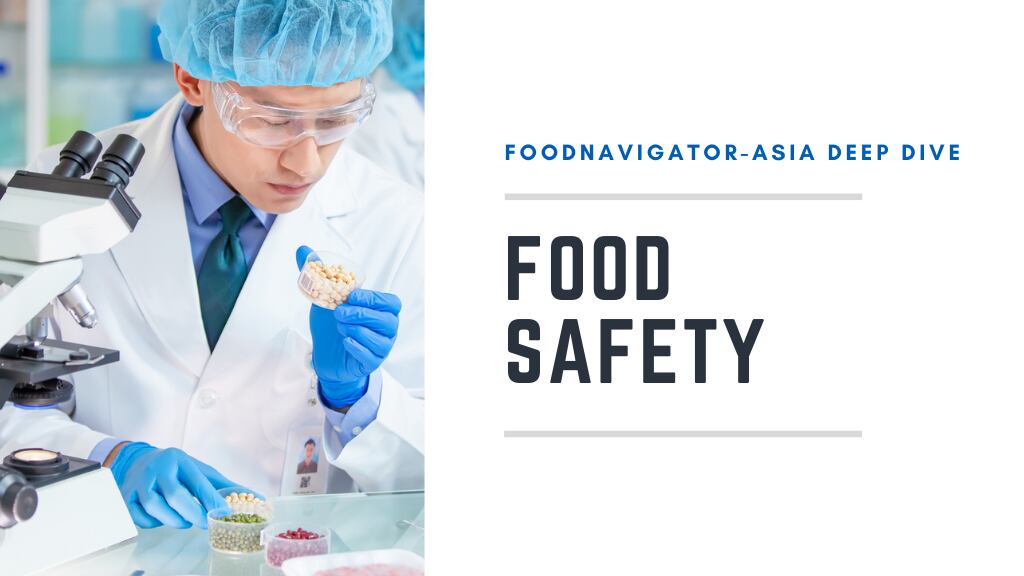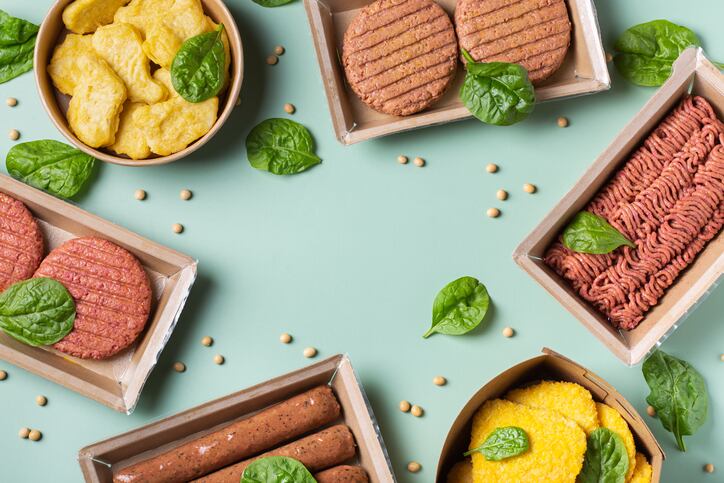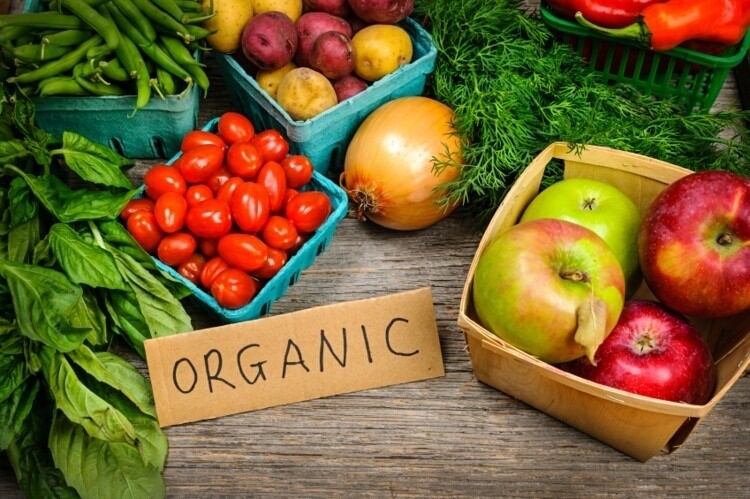‘We need to be prepared’: Asian markets will be increasingly concerned with palm oil sustainability - MPOC Exclusive Part 2
The new executive leadership team at the Malaysian Palm Oil Council (MPOC) says Asian markets, and not just western countries as has been the norm, are increasingly demanding sustainability improvements in the sector.
In part one of our exclusive interview with the new team, MPOC CEO Datuk Dr Wan Zawawi Wan Ismail told us of plans to diversify Malaysia’s palm oil exports beyond just the current heavyweight importers China and India – but also emphasised these would remain important markets for Malaysia.
In addition, MPOC Science and Environment Director Dr Ruslan Abdullah has told us that the council expects there to be an increased focus on sustainability in these markets.
“China and India have not highlighted any pressing sustainability issues to us so far, but we do anticipate some changes will take place in terms of their focus on this area in the near future,” he said.
“This is based on various activities we have noted happening there recently, such as the establishment of a Roundtable on Sustainable Palm Oil (RSPO) office in China, the launch of the China Sustainable Palm Oil Alliance, and the India Palm Oil Sustainability Framework.
‘Huge China dairy potential’: Yili predicts rising demand for value-added and sustainable products
Chinese dairy giant Yili has predicted that local consumer demand for value-added and sustainable dairy is likely to increase over the next decade, with the backing of technological innovation to solve local industry challenges.
Yili recently presented at the virtual Global Dairy Congress , where it also walked away as the only award winner from Asia at the World Dairy Innovation Awards with three of the most-coveted awards: Best Dairy Drink, Best Functional Dairy, and Best Packaging Design.
Speaking to FoodNavigator-Asia after the congress, Yili Assistant President Dr Yun Zhanyou emphasised his confidence in the growth of the Chinese dairy market for the near future and highlighted that Chinese consumers are increasingly on the lookout for value-added and sustainable dairy products.
“China [has already announced to] strive to achieve peak carbon dioxide emissions by 2030 and carbon neutrality by 2060,” he said – committing to a peak carbon emission in a certain year is to commit to not let this number climb any further after that year.
“[As such], Chinese dairy companies will also become more committed to supporting sustainable development and will actively promote greener and healthier lifestyles.
‘Necessity, not luxury’: Climate change supercharging cell-based and precision fermentation dairy sector
Pressures brought on by the ongoing climate crisis are predicted to drive the price parity and race towards product launches for high-tech dairy alternatives using cell-based technology and precision fermentation, according to a panel of experts.
The ‘necessity’ for alternative dairy solutions as a result of climate change is fuelling the need for products which can be mass produced for consumers at an affordable price point – and is driving the sector’s journey to price parity at a faster rate too as a result.
“The unsustainability found within traditional dairy systems will lead to gradual increases in prices over the next 10 years, [whereas] the cell-based or precision fermentation dairy systems are net zero carbon emissions, [so will not face this issue] and prices are being driven down instead,” cell-based dairy firm Formo CEO Raffael Wohlgensinger pointed out.
“The nutrient efficiency that can be achieved through these systems, converting nutrients to dairy products, is much higher than in mammals, so it is a natural extension to assume we can optimise these systems to not only hit parity but also reach price points lower than traditional dairy.”
PODCAST: Serving sustainability – RE:Harvest CEO on introducing food upcycling in Asia and helping firms meet eco-goals
In this episode of our Food and Beverage Trailblazers podcast we speak to Alex Min, Founder and CEO of Korea’s RE:Harvest about introducing food upcycling to Asia, a market where byproducts are often seen more as ‘food waste’.
RE:Harvest is the first company of its kind in the country, and has developed a flour alternative from the byproducts of drinks like beer and traditional Korean drink sikhye with a direct claim on carbon emissions.
According to Min, his journey attempting to introduce food upcycling into the Asian food industry, in places such as South Korea, was met with shock and disbelief initially.
“When I first introduced the topic of food upcycling, everyone was shocked – ‘how could anyone use food waste and turn it into food?’ was the general reaction,” he told FoodNavigator-Asia.
From scraps to snacks: 150-year-old Japan firm Keishindo turning waste into sustainable shrimp crackers
Japanese snack maker Keishindo is transforming discarded foods such as shrimp heads and udon noodle scraps into sustainable shrimp crackers.
Established in 1866, Nagoya-based Keishindo is known for its shrimp crackers made from shrimp surimi (paste), wheat and soy, as well as whole grilled shrimps.
Typically, only the flesh of shrimps are used when making the surimi, and the shrimp heads are usually discarded.
But now Keishindo wants to transform these discarded prawn waste into value-added products.





